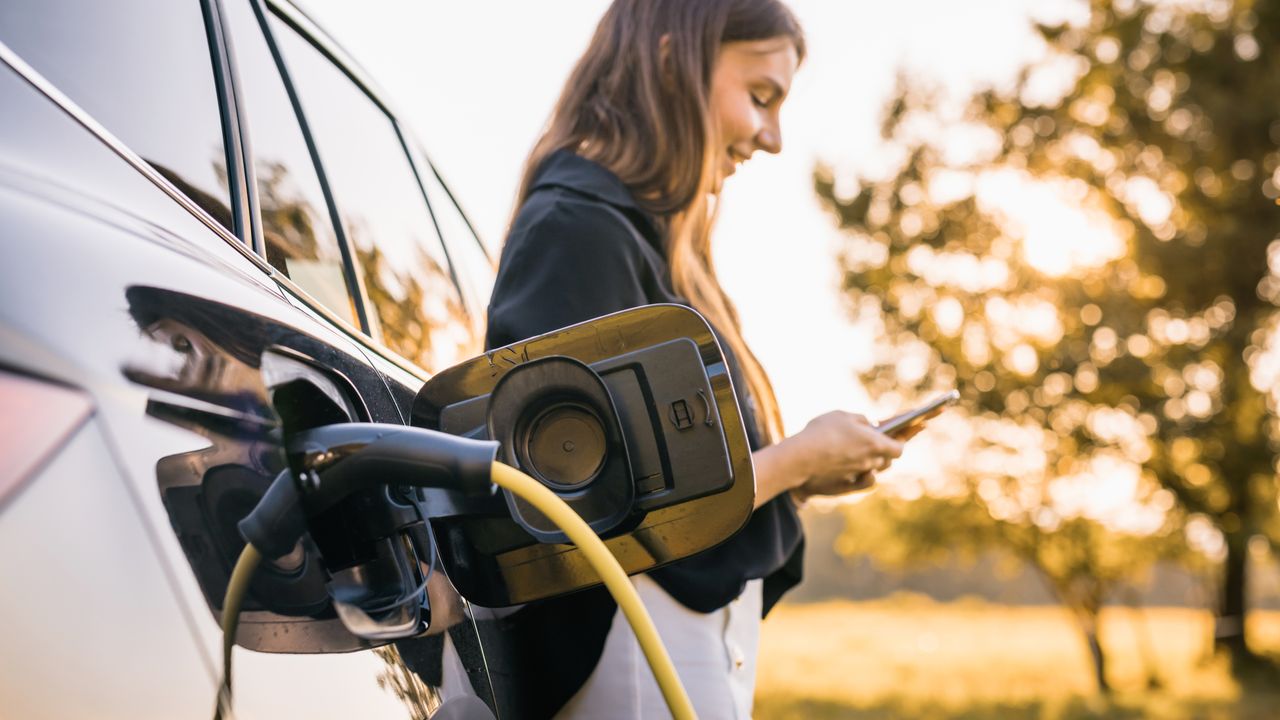Fast Charging vs. Slow Charging: The Battle for Electric Vehicle Battery Life
Remember the days when charging your electric vehicle (EV) meant waiting for hours on end? The excitement of driving an environmentally friendly car was often dampened by the inconvenience of slow charging times. However, with the advent of ultra-fast charging technology, the landscape of EV charging has dramatically changed. In this article, we will explore the pros and cons of fast charging versus slow charging for electric vehicles, and how it can impact battery capacity.
The Rise of Fast Charging
Fast charging has revolutionized the way we charge our electric vehicles. With the ability to replenish the battery to 80% capacity in as little as 30 minutes, it has significantly reduced the time spent waiting at charging stations. This convenience has made long-distance travel more feasible for EV owners, as they can quickly top up their battery during pit stops.
One of the key advantages of fast charging is its ability to cater to the needs of busy individuals. With our fast-paced lifestyles, spending hours waiting for a slow charge is simply not practical. Fast charging allows EV owners to quickly recharge their vehicles while running errands or grabbing a bite to eat, making it a more seamless experience.
The Downside of Fast Charging
While fast charging offers undeniable benefits, it is not without its drawbacks. One of the main concerns is the potential impact on battery life. Rapidly charging a battery generates more heat, which can degrade the battery over time. This can lead to a reduction in overall battery capacity and a shorter lifespan.
Furthermore, fast charging stations are not as widely available as slow charging options. This can be a significant limitation, especially in areas with limited charging infrastructure. EV owners may find themselves relying on slow charging at home or at public charging stations, which can be time-consuming.
The Case for Slow Charging
Slow charging, although slower in terms of replenishing battery capacity, has its own advantages. One of the primary benefits is the gentler charging process, which puts less stress on the battery. This can result in a longer battery life and better overall battery health.
Moreover, slow charging can be more cost-effective for EV owners. Many residential charging stations offer lower electricity rates during off-peak hours, making it more economical to charge your vehicle overnight. This can lead to significant savings in the long run, especially for those who primarily charge their EV at home.
Striking a Balance
When it comes to charging your electric vehicle, finding the right balance between fast charging and slow charging is essential. Utilizing fast charging for occasional long trips or emergencies can provide convenience and peace of mind. However, for everyday charging needs, opting for slow charging can help preserve battery life and reduce the risk of degradation.
It is also worth noting that battery capacity can vary between different electric vehicle models. Some EVs may be more resilient to fast charging, while others may be more sensitive. Understanding your specific vehicle’s charging capabilities and following the manufacturer’s recommendations is crucial to maintaining optimal battery health.
The Future of EV Charging
As technology continues to advance, the future of EV charging looks promising. Researchers and manufacturers are constantly working on improving battery technology and charging infrastructure. The goal is to develop fast charging solutions that minimize battery degradation and maximize efficiency.
Ultimately, the choice between fast charging and slow charging for your electric vehicle depends on your individual needs and circumstances. While fast charging offers convenience and time savings, slow charging can help extend the lifespan of your battery. Striking a balance between the two is key to ensuring a reliable and sustainable EV driving experience.
